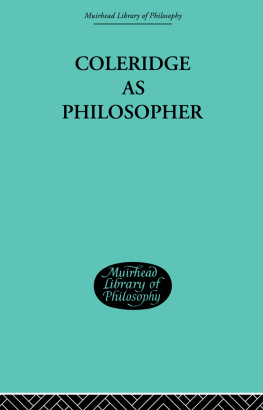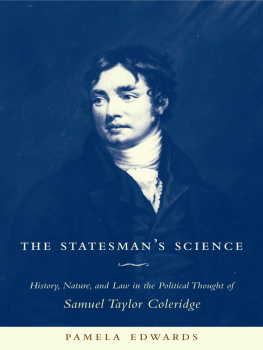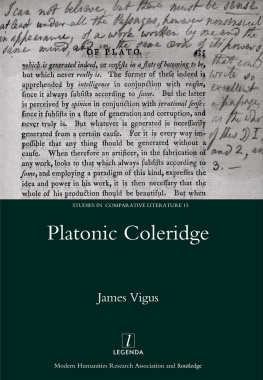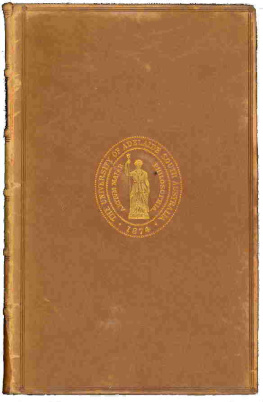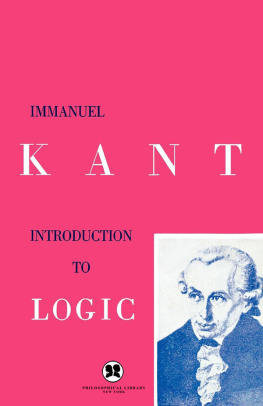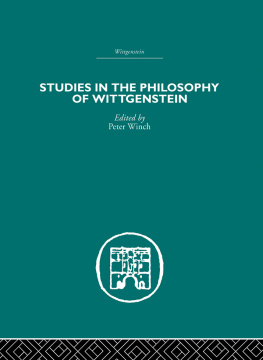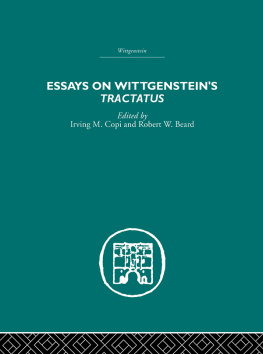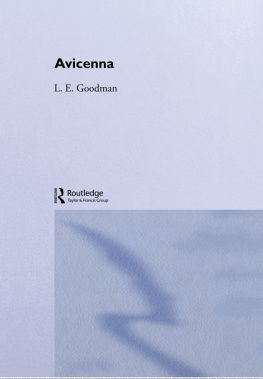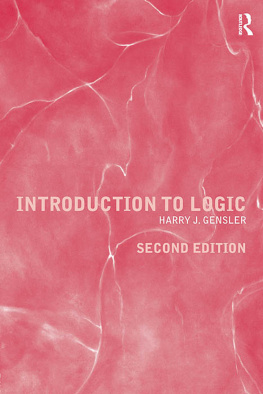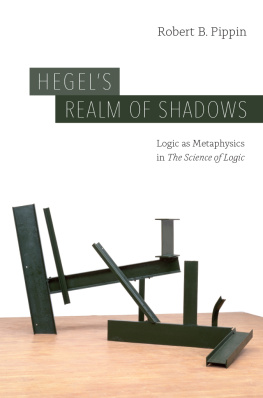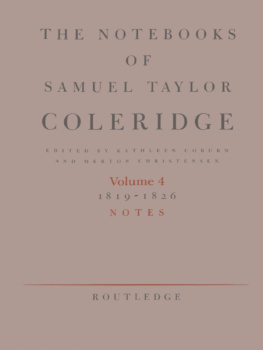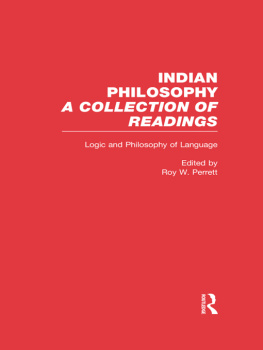Muirhead Library of Philosophy
COLERIDGE AS PHILOSOPHER

Muirhead Library of Philosophy
AESTHETICS
In 3 Volumes
I | A History of Aesthetic | Bosanquet |
II | Coleridge as Philosopher | Muirhead |
III | Meaning in the Arts | Reid |
COLERIDGE AS PHILOSOPHER
JOHN H MUIRHEAD

First published in 1930
Reprinted in 2002 by
Routledge
2 Park Square, Milton Park, Abingdon, Oxon OX14 4RN
711 Third Avenue, New York, NY 10017
Transferred to Digital Printing 2007
Routledge is an imprint of the Taylor & Francis Group, an informa business
First issued in paperback 2013
All rights reserved. No part of this book may be reprinted or reproduced or utilized in any form or by any electronic, mechanical, or other means, now known or hereafter invented, including photocopying and recording, or in any information storage or retrieval system, without permission in writing from the publishers.
The publishers have made every effort to contact authors/copyright holders of the works reprinted in the Muirhead Library of Philosophy. This has not been possible in every case, however, and we would welcome correspondence from those individuals/companies we have been unable to trace.
These reprints are taken from original copies of each book. In many cases the condition of these originals is not perfect. The publisher has gone to great lengths to ensure the quality of these reprints, but wishes to point out that certain characteristics of the original copies will, of necessity, be apparent in reprints thereof.
British Library Cataloguing in Publication Data
A CIP catalogue record for this book is available from the British Library
Coleridge as Philosopher
ISBN13: 978-0-415-29558-1 (hardback)
ISBN13: 978-0-415-84663-9 (paperback)
Aesthetics: 3 Volumes
ISBN 0-415-29527-0
Muirhead Library of Philosophy: 95 Volumes
ISBN 0-415-27897-X
Muirhead Libarary of Philosophy
An admirable statement of the aims of the Library of Philosophy was provided by the first editor, the late Professor H. J. Muirhead, m his description of the original programme printed in Erdmanns History of Philosophy under the date 1890. This was slightly modified in subsequent volumes to take the form of the following statement:
The Muirhead Library of Philosophy was designed as a contribution to the History of Modern Philosophy under the heads: first of different Schools of ThoughtSensationalist, Realist, Idealist, Intuitivist; secondly of different SubjectsPsychology, Ethics, Aesthetics, Political Philosophy, Theology. While much had been done in England in tracing the course of evolution in nature, history, economics, morals and religion, little had been done in tracing the development of thought on these subjects. Yet the evolution of opinion is part of the whole evolution.
By the co-operation of different writers in carrying out this plan it was hoped that a thoroughness and completeness of treatment, otherwise unattainable, might be secured. It was believed also that from writers mainly British and American fuller consideration of English Philosophy than it had hitherto received might be looked for. In the earlier series of books containing, among others, Bosanquets History of Aesthetics, Pfleiderers Rational Theology since Kant, Albees History of English Utilitarianism, Bonars Philosophy and Political Economy, Bretts History of Psychology, Ritchies Natural Rights, these objects were to a large extent effected.
In the meantime original work of a high order was being produced both in England and America by such writers as Bradley, Stout, Bertrand Russell, Baldwin, Urban, Montague and others, and a new interest in foreign works, German, French and Italian, which had either become classical or were attracting public attention, had developed. The scope of the Library thus became extended into something more international, and it is entering on the fifth decade of its existence in the hope that it may contribute to that mutual understanding between countries which is so pressing a need of the present time.
The need which Professor Muirhead stressed is no less pressing today, and few will deny that philosophy has much to do with enabling us to meet it, although no one, least of all Muirhead himself, would regard that as the sole, or even the main, object of philosophy. As Professor Muirhead continues to lend the distinction of his name to the Library of Philosophy, it seemed not inappropriate to allow him to recall us to these aims in his own words. The emphasis on the history of thought seemed to me also very timely; and the number of important works promised for the Library in the near future augur well for the continued fulfilment, in this and in other ways, of the expectations of the original editor.
H. D. Lewis
COLERIDGE
AS
PHILOSOPHER
BY
JOHN H. MUIRHEAD

First Published in 1930
Second Impression 1954
Third Impression 1970
This book is copyright under the Berne Convention. All rights are reserved. Apart from any fair dealing for the purpose of private study, research, criticism or review, as permitted under the Copyright Act, 1956, no part of this publication may be reproduced, stored in a retrieval system, or transmitted, in any form or by any means, electronic, electrical, chemical, mechanical, optical, photocopying, recording or otherwise, without the prior permission of the copyright owner. Enquiries should be addressed to the Publishers.
ISBN 0 04 192025 2
TO
P. M.
Yea, oft alone,
Piercing the long neglected holy cave,
The haunt obscure of old Philosophy,
He bade with lifted torch its starry walls
Sparkle, as erst they sparkled to the flame
Of odorous lamps tended by Saint and Sage.
COLERIDGE A Tombless Epitaph
Thou that within me art, my Self! An Ey
Or Temple of a wide Infinity !
O What a World art Thou ! a World within !
In thee appear
All Things, and are
Alive in Thee ! Super-Substantial, rare,
Abov themselves, and near a-kin
To those pure Things we find
In His Great Mind,
Who made the World ! Tho now eclipsed by Sin,
Yet this within my Intellect
Is found, when on it I reflect.
THOMAS TRAHERNE My Spirit
THE following study was undertaken in the conviction, gathered from a superficial acquaintance with Coleridges published works, that as a stage in the development of a national form of idealistic philosophy his ideas are far more important than has hitherto been realized either by the educated public or by professed students of the subject. Closer study of them further convinced me that they formed in his mind a far more coherent body of philosophical thought than he has been anywhere credited with, and that to do fuller justice to this side of his multifarious and miraculous activity a more serious attempt than any with which I was acquainted required to be made to set them in relation to the state of philosophy at the time, and to the great revival of metaphysical study in England which the latter half of the nineteenth century was to witness. There was obvious difficulty, and not less obvious risk in any such attempt.
Next page
